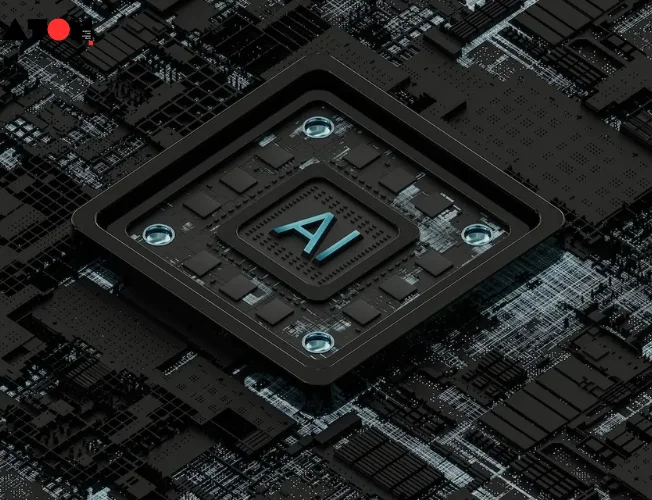In a significant development, Microsoft’s Copilot AI is poised to undergo a transformation, potentially revolutionizing the way AI tasks are handled on personal computers. Intel has revealed that future AI-ready PCs could host Copilot locally, eliminating the need for reliance on cloud processing. This shift promises to enhance performance and privacy while reducing delays associated with cloud-based operations.
Transition to Local Processing
Intel has disclosed to Tom’s Hardware that upcoming AI-enabled PCs will be equipped to execute Copilot tasks directly on the machine itself. This transition marks a departure from the current reliance on cloud processing, which often leads to noticeable delays, particularly for minor requests. By harnessing the power of local computing, future PCs will be capable of handling a broader range of Copilot tasks with increased efficiency and speed.
Advancements in Hardware
The move towards local processing of AI tasks is made possible by recent advancements in hardware technology, notably the integration of neural processing units (NPUs) in next-generation processors. These NPUs, capable of surpassing 40 trillion operations per second (TOPS), are poised to become standard features in future AI-ready PCs. Their inclusion aims to enhance the execution of generative AI models while optimizing energy efficiency.
Implications for Performance and Privacy
One of the primary benefits of local AI processing is the potential for improved performance and privacy. By minimizing reliance on cloud resources, AI tasks can be executed more seamlessly, resulting in faster response times and reduced latency. Moreover, local processing offers greater control over data security, mitigating the risks associated with third-party breaches of cloud services.
Extending Beyond PCs
The trend towards local AI processing extends beyond personal computers to other devices, such as smartphones. Google’s Pixel 8 and Pixel 8 Pro smartphones, for instance, are equipped with dedicated AI chips designed to support on-device generative AI. While current hardware may not yet support extensive AI models like Copilot, advancements in mobile technology signal a shift towards greater AI capabilities on the go.
Enhancing Cybersecurity
Local AI processing also holds promise for enhancing cybersecurity, as it reduces the exposure of sensitive data to potential breaches. By enabling organizations to execute AI tasks locally, concerns regarding data privacy and security can be effectively addressed. This shift empowers companies to retain greater control over their data, mitigating the risks associated with cloud-based AI solutions.
In summary, the prospect of Microsoft’s Copilot AI operating locally on future PCs represents a significant milestone in the evolution of AI technology. With advancements in hardware enabling seamless execution of AI tasks on-device, the future of AI computing appears poised for unprecedented growth and innovation.
Read more: Marketing News, Advertising News, PR and Finance News, Digital News.





